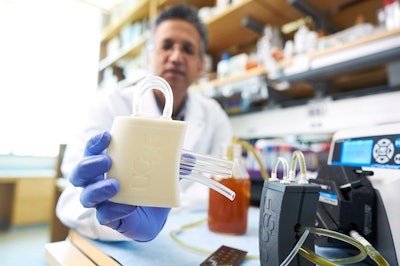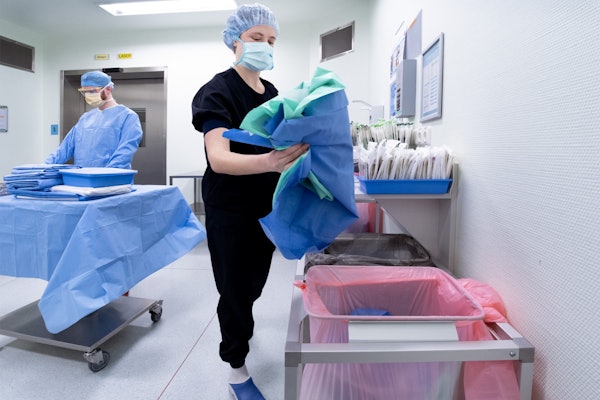
UCSF
According to a recent Medgadget article, researchers at the UCSF developed an implantable bioreactor to advance the development of artificial kidneys. The project is in response to the limitations of dialysis and kidney transplants for patients with kidney failure. Dialysis requires frequent clinic visits and is not as effective as a functioning kidney, while kidney transplants are hindered by donor shortages and the need for lifelong immunosuppressant drugs.





















